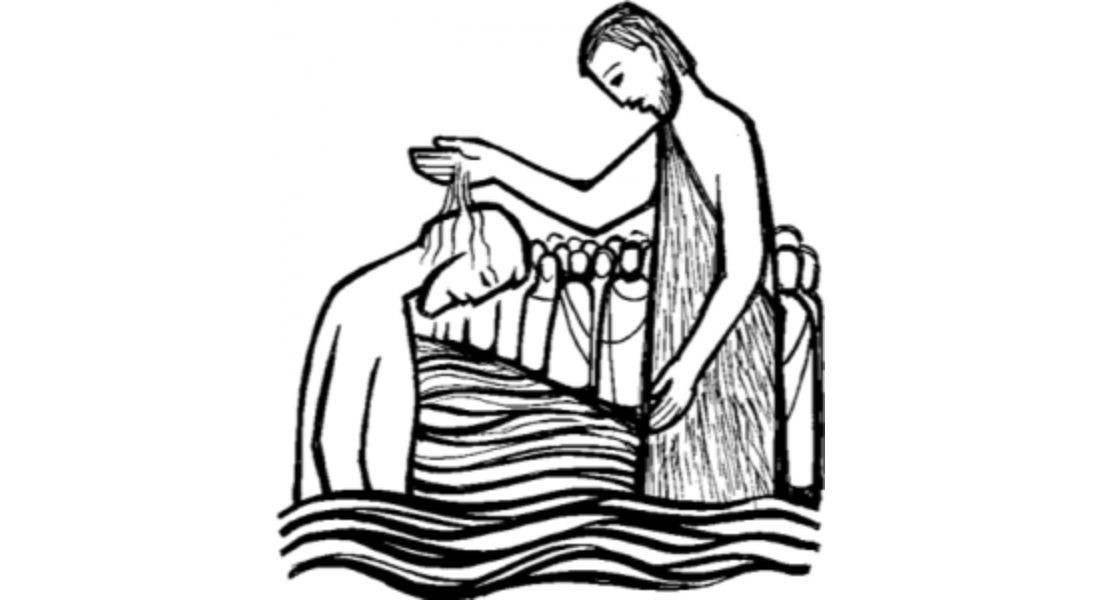Revd. Canon Leonard Doolan
Before preaching this homily Fr. Leonard used a jug from Cana in Galilee to illustrate the change of water into wine.
The Church universal has designated this week, including this Sunday as the Week of Prayer for Christian Unity. I would like to make a brief commentary on this universal phenomenon.
- It is significant that Unity Week is incorporated into this holy season of Epiphany, following the revelation of Christ as the Son of God, when he, Jesus, is baptized in the river Jordan.
- It is significant that Unity is considered part of the revelation of God in Christ, and that Unity in Christ is seen as God’s glory being shown forth in his Son, Jesus the Christ.
- The gospel reading shows us that life together in Christ resembles the difference between not just the water and the wine of the great miracle in Cana of Galilee, but that simply compared to normal wine the wine transfigured by Christ is differentiated and far exceeds the gladness of the heart that normal wine brings to humanity. As the master of ceremonies says to the host – you have kept the best wine until last.
It is true that division between human beings is a sin against the image of God in each of us. It must therefore be even more of a sin when those of us who know Christ are divided, for Christ is the mirror image of the unity of God, and we as Christians are called to be Christ-like, and therefore unity must be part of our DNA as Christians.
This unity is not easily achieved by us, because it is so easy for us to conform to the likeness of the evil one, who sows the seeds of division between us. In biblical language, not always popular in our own day, the devil rejoices in our human squabbles and our disagreements, and when nation takes up arms against nation because in such division we give oxygen and energy to his divisive work. He focusses on the life of the church, and when he can create argument in the life of the church, he distracts us from our main mission in the world – our mission not only to preach the word of God, but to witness in real life in our human relationships to the Godly characteristics of love, beauty, grace, and compassion.
So it is indeed right, it is our duty and our joy in this Epiphany season to remind ourselves of our first calling as baptized Christians not only to have our own lives transformed and transfigured, but also to transfigure the life of the whole church, and to proclaim humanity blessed .
In 2 weeks time when Bishop Robert is with us we will have some people baptized and confirmed. In this precious sacrament we will be reminded that every human being is loved by God, and indeed crowned by God in glory. In baptism each of us is a new creation.
The miracle of water turned into wine is a type of this change that happens to us when we are incorporated into life together in Christ. That life is at its most perfect when it is lived in unity. Disunity is a sin against God, and so we must pray fervently that Christ’s Church universal can be one in him, but also that our own Christian community can be one in our relationships with each other. We are not all the same, and God preserve us from being uniform – such uniformity is not even needed in his universal church, but it is when we are united in the person of Christ that our cup will be full to the brim and running over.
Song: Running over, running over, my cup’s full and running over.
For the Lord saved me, I’m as happy as can be.
My cup’s full and running over.



